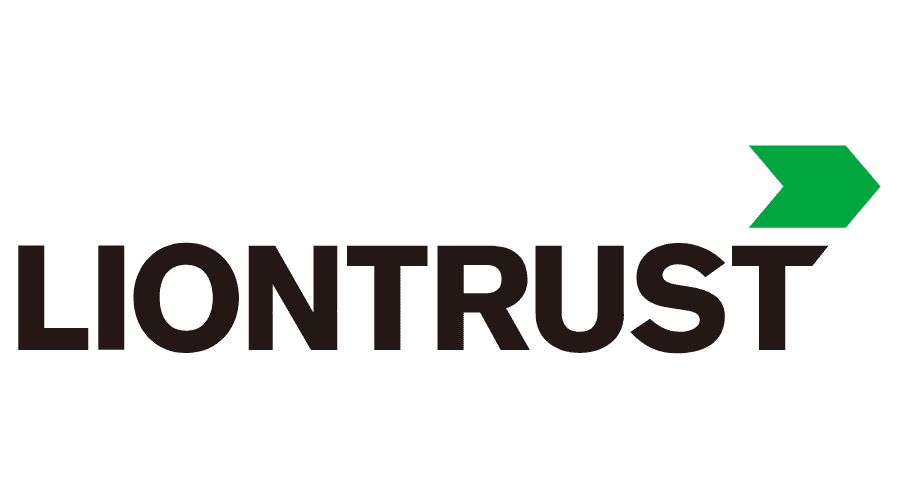Past performance is not a guide to future performance. The value of an investment and the income generated from it can fall as well as rise and is not guaranteed. You may get back less than you originally invested.
Can you imagine your employer enrolling every single one of your colleagues into a mandatory AI learning academy? It would be a serious commitment to the belief AI is going to transform the way we work. Well, Moderna has done precisely this, tasking its entire workforce, all the way up to the CEO, to become fluent in AI.
It might be surprising that a healthcare company is pursuing AI with such fervency, but Moderna is really a technology company. It produces mRNA molecules, which, just like the software of a computer, carry sequences of code. While computers follow instructions in the form of the binary coding system of a series of 0s and 1s, the building blocks of life, proteins, follow code in the form of the four letters (or nucleotides) carried in mRNA. Four letters might sound like a short and limited alphabet but it provides a near infinite number of possible sequences with which to produce proteins – and so drug discovery is really a mathematical problem, which is ultimately cracked with data.
Wherever data is key, AI may be a powerful solution. We believe the potential for AI to accelerate the pace of drug discovery is enormous. Bringing a drug to market can take over a decade, with only 8% of drugs making it through Phase III clinical trials. One of the reasons commercial success is so scarce is the challenge of predicting the correct protein structure (for drugs to bind to in order to work) and identifying the right compounds that bind to the specific protein site. Even the most talented scientists are constrained by the law of large numbers – we are talking about an infinite number of protein permutations, after all – hence the power of leveraging AI.
What does this mean for patients? Potentially life-saving and life-changing outcomes. AI is helping to predict the design of molecules that will achieve the desired results in fighting illnesses from flu to cancer. Yet the use cases of AI across pharma extend beyond drug discovery in injecting productivity to a historically inefficient sector. Take Moderna’s RSV vaccine candidate as an example (expected to come to market in 2024, representing the company’s first non-covid commercial opportunity): using AI to forecast and ID for clinical trial enrollment helped move the vaccine from the idea development phase to phase III trials in just two years. This process typically takes six or seven years.
Moderna’s ten-year data advantage renders it a front runner when it comes to AI, but opportunities exist across the pharma value chain. Contract development and manufacturing organisation Lonza (who as it happens was responsible for scaling up Moderna’s Spikevax Covid vaccine in 1/3 normal time and has long-term contracts in place to develop the company’s pipeline candidates), is integrating AI and machine learning into the drug manufacturing journey. AI is assisting in product quality optimisation through computer vision technologies, helping the company navigate the complexity and speed requirements of manufacturing novel treatments.
It is very early days for AI’s application in pharma, but we are starting to see the benefits of improved production processes from early adopters. No sector sees more R&D spend go to waste. R&D consumes over 25% of sales on average in the industry, yet 92% of drug approvals fail. At the same time, no other sector holds more potential to change lives and the economy in the 21st century. This makes the potential of AI to drive this sector forward all the more exciting.
KEY RISKS
Past performance is not a guide to future performance. The value of an investment and the income generated from it can fall as well as rise and is not guaranteed. You may get back less than you originally invested.
The issue of units/shares in Liontrust Funds may be subject to an initial charge, which will have an impact on the realisable value of the investment, particularly in the short term. Investments should always be considered as long term.
Investment in the Fund involves foreign currencies and may be subject to fluctuations in value due to movements in exchange rates. The Fund may invest in emerging markets/soft currencies or in financial derivative instruments, both of which may have the effect of increasing volatility.
DISCLAIMER
This is a marketing communication. Before making an investment, you should read the relevant Prospectus and the Key Investor Information Document (KIID), which provide full product details including investment charges and risks. These documents can be obtained, free of charge, from www.liontrust.co.uk or direct from Liontrust. Always research your own investments. If you are not a professional investor please consult a regulated financial adviser regarding the suitability of such an investment for you and your personal circumstances.
This should not be construed as advice for investment in any product or security mentioned, an offer to buy or sell units/shares of Funds mentioned, or a solicitation to purchase securities in any company or investment product. Examples of stocks are provided for general information only to demonstrate our investment philosophy. The investment being promoted is for units in a fund, not directly in the underlying assets. It contains information and analysis that is believed to be accurate at the time of publication, but is subject to change without notice. Whilst care has been taken in compiling the content of this document, no representation or warranty, express or implied, is made by Liontrust as to its accuracy or completeness, including for external sources (which may have been used) which have not been verified. It should not be copied, forwarded, reproduced, divulged or otherwise distributed in any form whether by way of fax, email, oral or otherwise, in whole or in part without the express and prior written consent of Liontrust.

